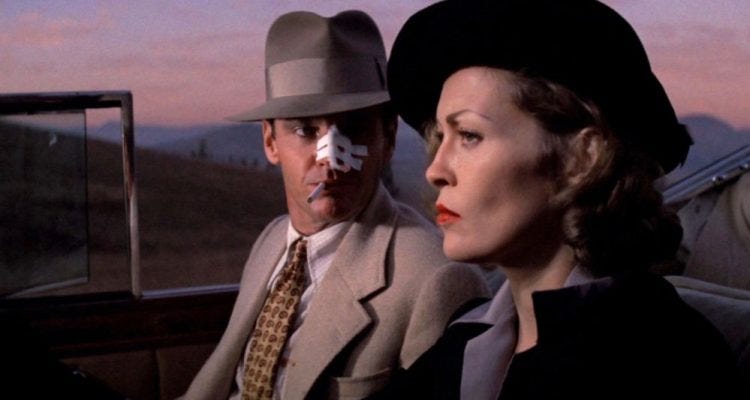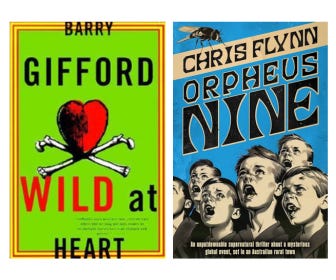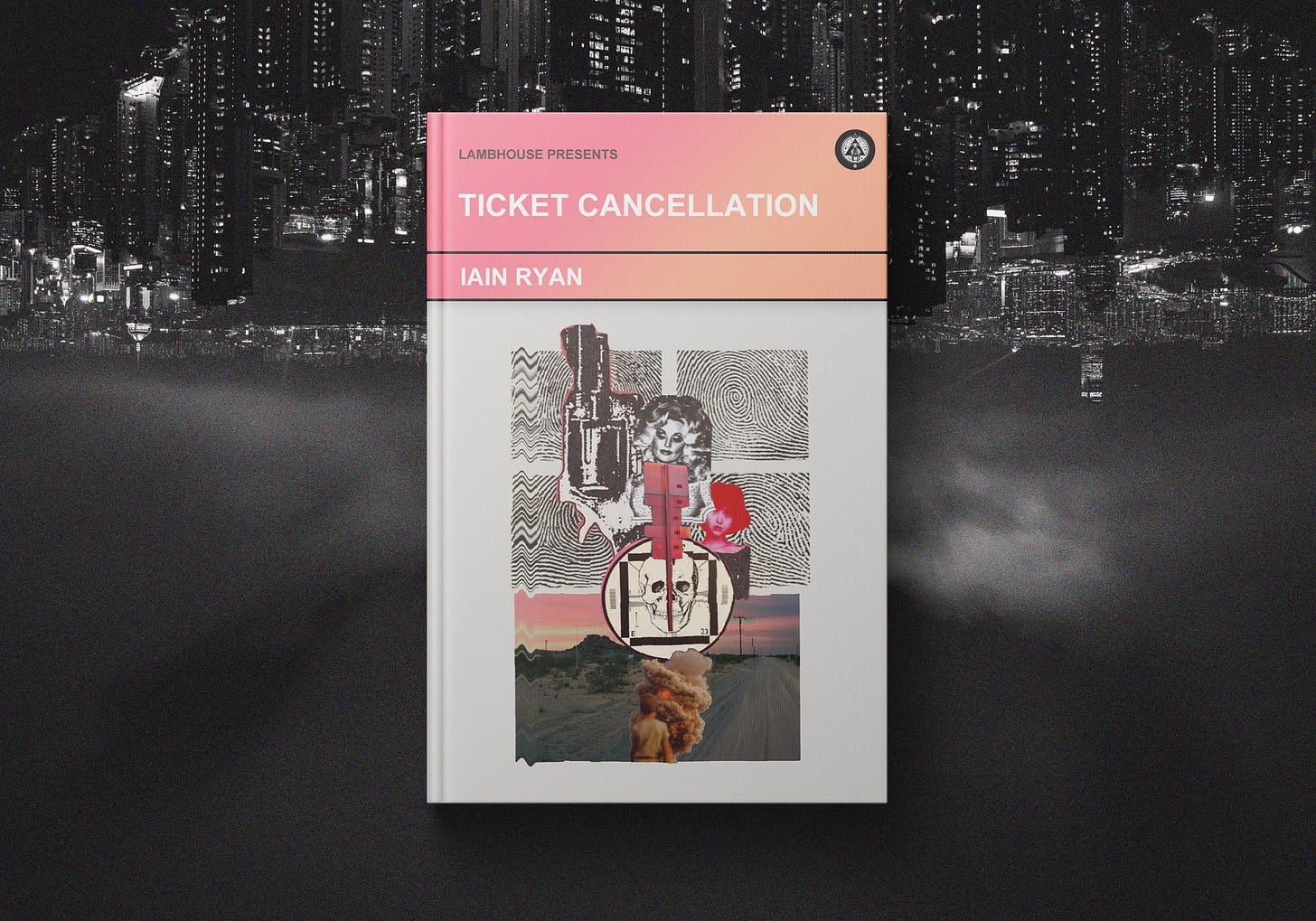WE'RE ALL TRYING TO ESCAPE DECAYING BUSINESS MODELS
Hard 8: Direct Sales, On Call (2025), Neo-Noir & the curse of Radiohead
🎢 Why I Finally Went All In on Direct Sales
We’ve all got problems with platforms these days. We’re all trying to escape decaying business models, bad programming, toxic communities, and doom scrolling.
As an author, my biggest platform problem isn't AI—it's the retail middlemen who own my relationship with readers. When someone buys my book from Amazon or Kobo, that reader becomes their customer, not mine. This creates a fundamental disconnect: I can write novels people enjoy and get those books into their hands, but I can't stay in touch with them afterward.
The only real, lasting solution is to run my own shop.
I just spent the last month reworking my author website: www.iainryan.com. Over there, my books are cheap, packed and shipped by me, and signed. They’re often cheaper than you can find elsewhere. And down the track, I can send you a little email saying, Hey, I’ve got something new for you. I hope you like it.
Exhibit A:
👮🏻On Call (2025)
The difference between the police procedural novel and the noir novel is that in noir, the police are part of the mean streets. They’re antagonists. While procedurals typically present police as flawed heroes working within a fundamentally just system, noir depicts them as corrupt or inept. If you go back to Hammett and Chandler, the cops are usually obstacles. One of James Ellroy's many innovations within noir is that he wrote about cops within the system—often perverted or corrupted by it. He had his cake and ate it, too.
This tradition of examining policing within corrupt systems continued with authors like David Peace (especially in 1980), Ken Bruen, and Derek Raymond, who each explored the psychological toll of police work in morally ambiguous environments. In all those books, policing destroyed the people who did it.
These noir traditions came to mind while watching On Call, which manages to incorporate elements of both genres. Not for nothing, it is also, without question, the most beautifully shot police show I can remember—the night scenes use negative space and selective lighting to create a sense of isolation that echoes classic neo-noir. It was also deceptively well written, layering character development beneath seemingly routine stuff like costuming and jargon-heavy dialogue.
📽️ Alexia Kannas on Chinatown
Magic writing about a film I love, from a colleague:
Unlike Robert Altman’s adaptation of Chandler’s The Long Goodbye (1973), Polanski’s film does not destabilise the conventions of the detection narrative nor defuse the tough cynicism of the hard-boiled detective. Instead, like the best detection stories, Chinatown treats the conventions themselves as surfaces that distract us from an unresolvable chaos.
🐖 Manson Media
I’ve been consuming a lot of Charles Manson-related media at the moment. Not sure what that’s about, except to say it started with reading Jarett Kobek’s forthcoming book on Kenneth Anger, continued through Errol Morris’s Chaos documentary (on Netflix) and now I’m deep in You Must Remember Manson:
🔊 Currently listening
I’ve been listening to a lot of MJ Lenderman’s album Manning Fireworks, and for reasons that escape me — I think I saw it somewhere online — I’ve been dipping into Radiohead’s Hail To The Thief.
I’ve never really had a Radiohead phase. Instead, they’re a slow-burning, recurring ‘interest’. Every year, there’s a month where Radiohead seem to visit me, like the spectre of a mid-life crisis or a health scare.
📖 Books, books, books
I’m currently reading Chris Flynn’s latest Orpheus 9. It’s really good. I’m a fan, but he’s done something to his prose style here that I can’t exactly put my finger on. It’s an improvement. It’s going down easy, despite the apocalyptic vibes.
The book I’ve loved the most so far this year is an oldie. I finally read Barry Gifford’s Wild at Heart: The Story of Sailor and Lula. Absolute magic. So much of what makes Lynch’s film hit is actually in the book. Lynch simply quirks it up a touch, but it’s just a touch.
🙅 In Joh & Terry We Trust
I have this screen-cap printed out and pinned to my office wall. The other day someone walked into my office and asked, Who are those nazis?
A: Just the corrupt Commissioner of Police Terry Lewis and the Queensland Premier of the time, Joh Bjelke-Petersen. Both knighted men in the 80s. Terry pops up in The Dream as a character.
TICKET CANCELLATION (Short Story)
From last week’s newsletter:
Tom hit the buzzer again. It was almost noon. The streets were empty from the looting, and the city probably had a day left to run.
— IAIN












